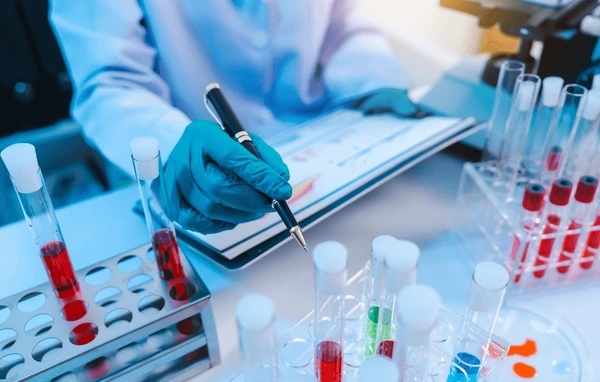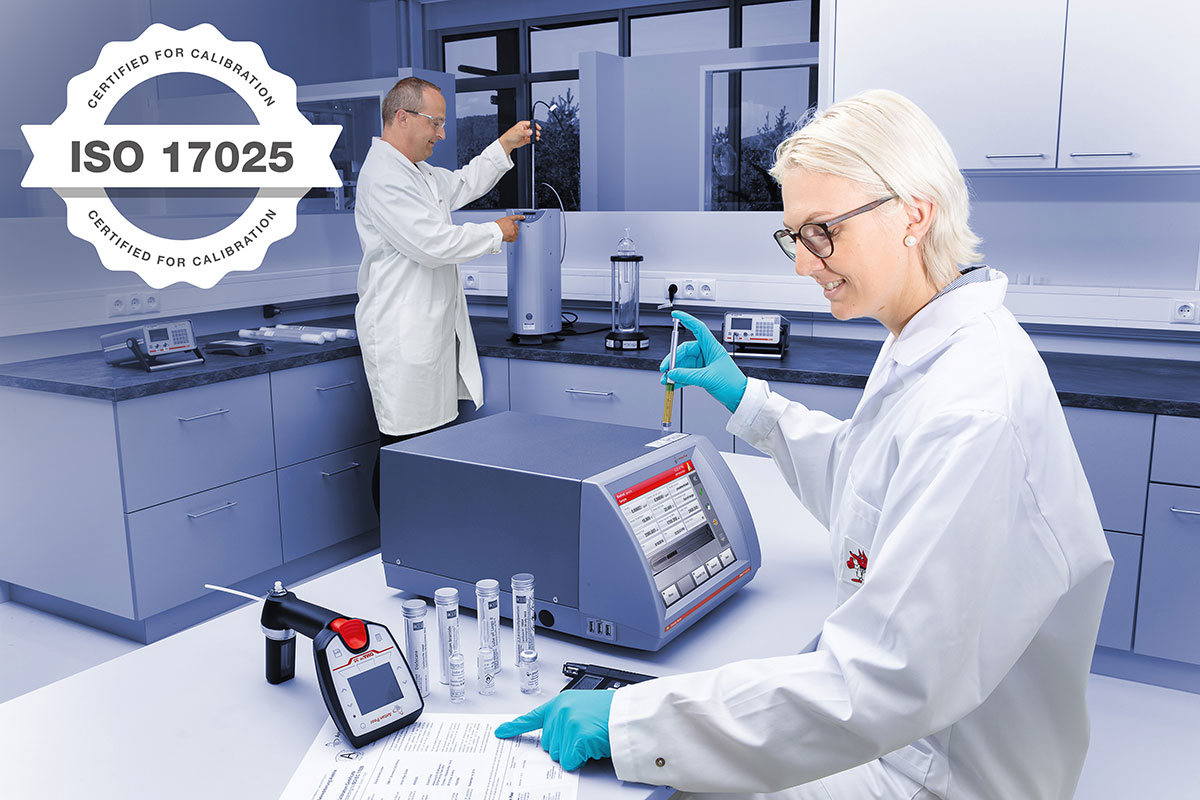

By the end of this course, participants will be able to:
• Concepts involved in the calculation of measurement uncertainty.
• Calculating measurement uncertainty in a practical and pragmatic manner.
• Defining measurement processes.
• Identifying sources of measurement error.
• Selecting appropriate error distributions.
• Using different methods to evaluate measurement uncertainty.
• Measurement uncertainty by practice methods.
The course is designed for chemists, lab technicians, chemical engineers, instrument engineers and lab supervisors/managers.
• Lectures
• Workshop & Work Presentation
• Case Studies and Practical Exercise
• Videos and General Discussions
Module One:
• Introduction
• History & Review
• Chemical Measurement
• Types of methods
• Selection of methods
• Chemical measurement evolution
• Compare duplicate samples results
• Reputability, Reducibility and mean of replicate
• Evaluation of analytical data measurement
• Prerequisites for analytical method validation
• Method Calibration, and Standardization
• Correction of errors and improving Blank
Module Two:
• Calibration Instruments and Measurement methods
• Certificate Reference Material (CRM), choice and preparation
• Degrees of Freedom
• Linearity and Residual analysis in regression
• Blank Correction
• Instruments Calibration and Traceability
• Calibration Procedures, Certificate, and Documentation
• Standard calibration curve
• Standard addition calibration curve
• Internal standard calibration curve
• Characteristic and steps of Method validation
• Selectivity
• Specificity
• Tolerance
• Linearity, Correlation Coefficient
• Accuracy & Precision
• Reliability (Repeatability, Reproducibility)
• Sensitivity, Detection Limit (LOD)
• Dynamic Range (LOQ, LOL, and LUR)
• Robustness
Module Three:
• The Evaluation of Results and Methods
• Errors in chemical measurements
• Systematic, Random, and Gross errors
• Errors in Qualitative and Quantitative Analysis
• Correction of errors and improving accuracy
• Measurement Uncertainty in chemical measurements
• Difference between Error and Uncertainty
• Why we have to used uncertainty in Measurement
• Sources of uncertainty in measurement
• Rationale of uncertainty
• Standard Deviation and Relative Standard Deviation
• Normal Distribution (Gaussian) Curve
• Confidence Limits (Intervals) CL
Module Four:
• Measurement Uncertainty in chemical measurements
• Tiered approach for uncertainty analysis
• Methods for uncertainty characterization
• Recommendations of ISO 17025 for uncertainty
• Steps in Uncertainty Assessment
• Combining Uncertainties
• Expanded uncertainty
• Round Uncertainty
• Procedures for estimating measurement uncertainty
• “Bottom-up” method GUM
• “Top-down” methods
• Monte Carlo method – an alternative to GUM
Module Five:
• Normal Distribution (Gussian Distribution curve)
• Statistical Process Control (SPC) & Control Chart
• Practical exercises for Inter-Laboratory Performance test
• F-test
• T-test (Student’s t Distribution test)
• Q-test
• Z-score
• Practical exercises for Uncertainty& Control Chart
• Manual Calculation for Uncertainty
• Used Excel Function for Uncertainty
• Drawing Control Chart by Excel
• Proficiency Test Calculation
• Significant Figure & Rounding
CDGA attendance certificate will be issued to all attendees completing a minimum of 75% of the total course duration.
| Code | Date | Venue | Fees | Register |
|---|---|---|---|---|
| LAB124-02 | 01-06-2026 | Istanbul | USD 5950 | |
| LAB124-03 | 20-09-2026 | Manama | USD 5450 | |
| LAB124-04 | 13-12-2026 | Jeddah | USD 5450 |

This course will help you develop a systematic, structured approach to problem solving and method development. By learning to develop this approach, you will decrease the time and cost of your methods ...

Good laboratory practice means different things to different people. This course covers the advanced topics in Good Laboratory Practice (GLP). All the practices that ensure that laboratory testing is ...

The course begins with a broad overview of the Metrology discipline, and defines some common terms. It next introduces the statistical concepts that form the cornerstones of modern metrology and calib ...
Providing services with a high quality that are satisfying the requirements
Appling the specifications and legalizations to ensure the quality of service.
Best utilization of resources for continually improving the business activities.
CDGA keen to selects highly technical instructors based on professional field experience
Since CDGA was established, it considered a training partner for world class oil & gas institution
3012, Block 3, 30 Euro Business Park, Little Island, Co. Cork, T45 V220, Ireland
Mon to Fri 09:00 AM to 06:00 PM
Contact Us anytime!
Request Info